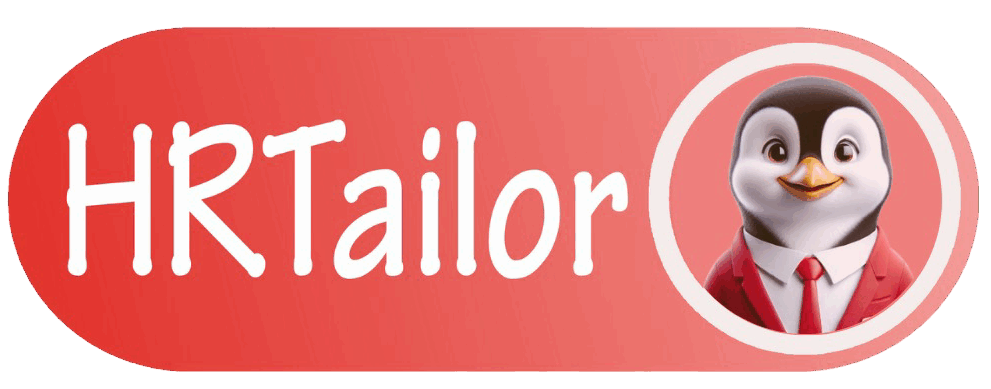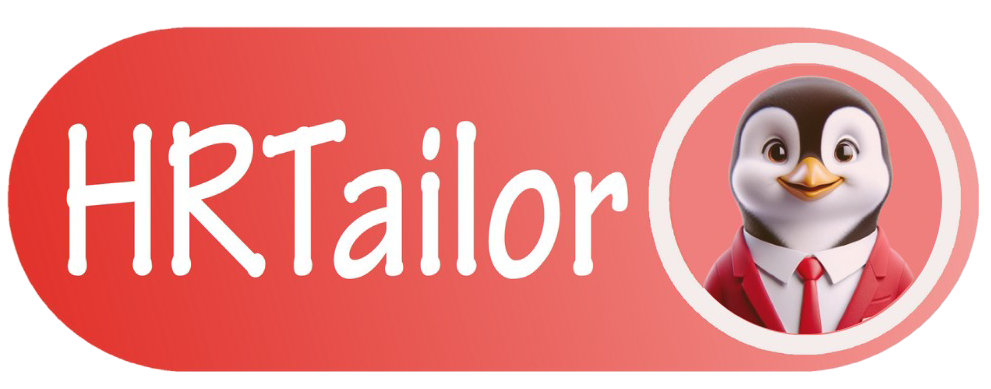![[freepicdownloader.com]-important-significant-priority-notice-concept-normal (1) Compliance](https://hrtailor.com/wp-content/uploads/elementor/thumbs/freepicdownloader.com-important-significant-priority-notice-concept-normal-1-qwy3p6n3dgywxzzo3b3mbupqce04w55qslrrz9mj7c.jpg)
Why Compliance is Crucial for Small Businesses: Protecting Your Business and Building Trust
Running a small business comes with its fair share of challenges. From managing day-to-day operations to scaling growth, small business owners often wear many hats. Amid all this, compliance might seem like something only big companies need to worry about. However, nothing could be further from the truth. Compliance is just as critical for small businesses, and overlooking it can lead to hefty fines, legal troubles, and a damaged reputation.
In this blog post, we’ll explore why compliance matters for small businesses, focusing on key areas such as employee rights, data privacy, workplace safety, and ethical standards. Let’s dive into how compliance can protect your business, foster a positive work environment, and help you build trust with your customers and employees.
1. Protecting Employee Rights and Ensuring Fair Treatment
One of the most important aspects of compliance is ensuring that your employees are treated fairly and with respect. Employee compliance standards help protect workers from unfair treatment, harassment, discrimination, and unsafe working conditions. For small businesses, following these regulations isn’t just about avoiding penalties; it’s about building a workplace where employees feel valued and secure.
Why It Matters:
- Employee Satisfaction: When employees know their rights are protected, they’re more likely to feel loyal to the company and perform well.
- Legal Protection: Non-compliance with employee rights can lead to lawsuits and financial penalties, which can be devastating for a small business with limited resources.
Key Compliance Areas to Focus On:
- Anti-Discrimination and Harassment Policies: Implement policies that protect employees from discrimination based on race, gender, religion, age, or disability, and provide clear procedures for reporting harassment.
- Equal Employment Opportunity: Ensure hiring, promotions, and terminations are conducted fairly, without bias or favoritism.
- Fair Wage Practices: Follow minimum wage and overtime laws to ensure employees are compensated fairly.
Pro Tip: Small business owners should include these policies in an employee handbook and provide training sessions to educate employees about their rights and responsibilities.
2. Ensuring Data Privacy and Cybersecurity
Data privacy is no longer an issue only for large corporations. With small businesses increasingly storing employee and customer data online, the risk of data breaches and cyber threats has grown significantly. Data privacy compliance ensures that sensitive information—such as employee records, customer data, and financial details—is stored and handled securely, protecting both your business and its stakeholders.
Why It Matters:
- Customer Trust: Customers are more likely to do business with companies that demonstrate respect for their personal information and data privacy.
- Legal Requirements: Regulations like the GDPR in Europe and CCPA in California have specific requirements around data handling. Non-compliance can result in significant fines, even for small businesses.
Key Compliance Areas to Focus On:
- Data Handling and Storage: Make sure personal data is stored securely, with access limited to authorized personnel only.
- Cybersecurity Measures: Implement security protocols like firewalls, encryption, and regular software updates to protect against data breaches.
- Employee Training: Educate employees on data protection best practices, including recognizing phishing scams and using secure passwords.
Pro Tip: Use compliance management software to streamline data privacy processes and stay updated on relevant regulations.
3. Avoiding Financial Penalties and Legal Consequences
Non-compliance can have serious financial and legal consequences, particularly for small businesses that may not have the resources to handle costly fines or legal battles. Many small business owners mistakenly believe that they’re “too small” to be audited or investigated, but regulatory agencies are increasingly cracking down on businesses of all sizes.
Why It Matters:
- Financial Impact: Even minor fines can impact a small business’s cash flow, and a lawsuit can quickly drain resources.
- Operational Disruptions: Legal proceedings and audits can distract your team and disrupt daily operations, impacting productivity and growth.
Key Compliance Areas to Focus On:
- Payroll and Tax Compliance: Ensure payroll is accurate and that all taxes are filed on time to avoid penalties.
- Licensing and Permits: Make sure all necessary business licenses and permits are up-to-date to avoid fines and disruptions.
- Intellectual Property Compliance: Avoid using copyrighted material without permission, and ensure your business’s trademarks are protected.
Pro Tip: Consider working with a compliance consultant or legal advisor to stay updated on regulatory changes and ensure your business meets all requirements.
4. Maintaining Ethical Business Practices
Compliance isn’t only about avoiding fines—it’s also about building an ethical culture within your organization. For small businesses, cultivating a reputation for ethical business practices can be a powerful differentiator. Ethical compliance includes fair treatment of employees, transparency with customers, and adherence to regulatory requirements.
Why It Matters:
- Reputation and Trust: Ethical businesses tend to attract more customers, better employees, and long-term success.
- Reduced Legal Risks: Unethical practices can lead to lawsuits, customer complaints, and regulatory investigations.
Key Compliance Areas to Focus On:
- Code of Ethics: Develop a code of ethics that outlines expected behaviors and ethical guidelines for your business.
- Transparent Communications: Be open and honest with customers and employees. Transparency is key to building trust.
- Compliance with Anti-Corruption Laws: Avoid any practices that could be perceived as bribery or corruption. Even small businesses are subject to regulations like the Foreign Corrupt Practices Act (FCPA) in the U.S.
Pro Tip: Regularly review and update your code of ethics to reflect evolving standards and values in the industry.
Compliance as a Growth Strategy for Small Businesses
Compliance may seem like an administrative burden, but it’s actually a powerful tool for building a strong, resilient, and trusted small business. By prioritizing compliance, you’re not only protecting yourself from fines and legal issues—you’re creating a fair, safe, and ethical environment for your employees, gaining the trust of your customers, and setting your business up for long-term success.
For small businesses looking for support with compliance management, consider partnering with a service like HRTailor. Our expertise in employee and business compliance can help you establish effective policies, conduct internal audits, and stay updated on regulatory changes.

